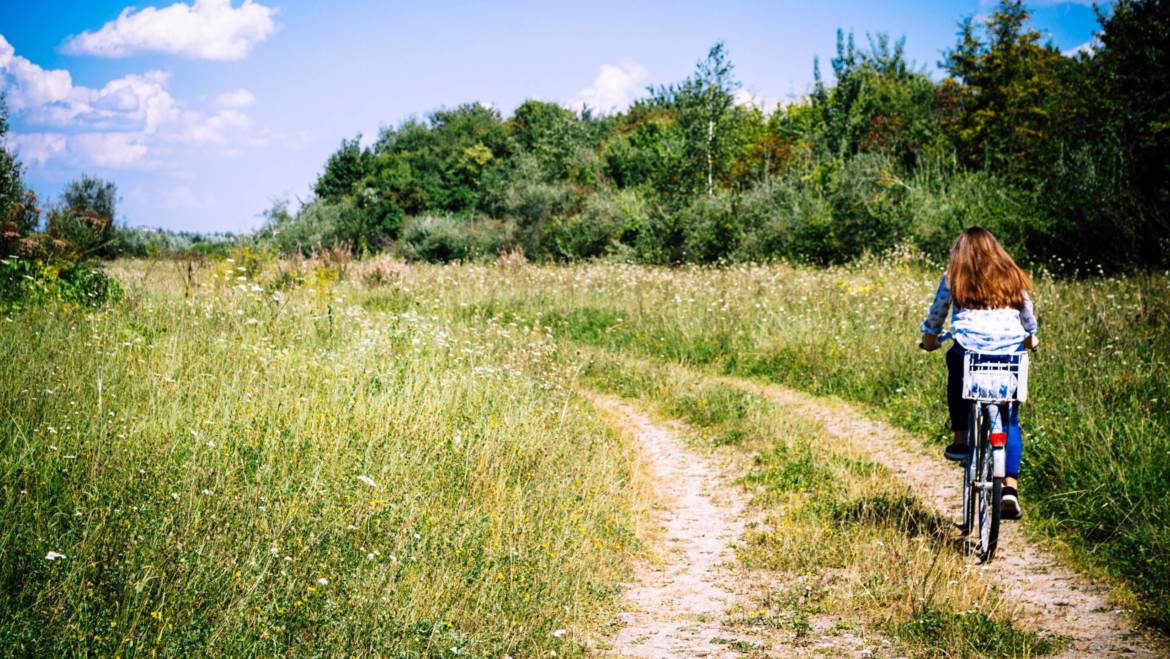Summer is a great time to take a vacation or weekend trip, which means many cars, campers, motorcycles and motor homes are on the roads, with increased potential for a problem or accident to occur.
As you plan your travels, there are a few things to check off your list to make your trip safer:
Be ready for the road. Inspect the tires on cars and boat trailers to make sure there is plenty of tread and they are properly inflated. Have a certified mechanic check the engine, hoses, belts, batteries, windshield, windows and fluid levels. And, be sure to pack basic emergency equipment, including jumper cables, a car jack, a flashlight and a first-aid kit.
Pack the vehicle carefully, without obstructing the driver’s vision. Make sure luggage is properly stowed, as sudden stops can turn unsecured items into dangerous projectiles. Be sure to protect pets by using a pet barrier, harness or crate. Extra weight on the roof alters a car’s center of gravity and may increase the risk of a rollover, so use a properly installed roof rack or cargo bin to stow items. If you’re towing a boat at highway speeds, use a heavy-duty boat cover with adjustable buckles.
Buckle up. Make sure everyone in the vehicle, including the driver, uses a seatbelt. Infants and toddlers should be secured in approved, properly installed, size-appropriate car seats. The back seat is the safest place to be for children ages 12 and under.
Focus on the road. Program your GPS before hitting the road. Avoid using a cell phone while driving. Even hands-free phones can be a distraction. If using a phone is a must, have a passenger handle it or pull off the road in a safe place and turn on the hazard lights. On long drives, share the driving with another passenger if possible, to avoid getting too tired.
Be prepared for sun and heat. When driving on a sunny day, try to wear sunglasses to minimize eye strain and obstructions of vision from the brightness. To prevent heat related-injury, never leave a child or a pet unattended inside a car.
Check insurance coverages. Depending on existing insurance coverages and travel plans, some additional protection may be a good idea.
Talk with your local independent insurance agent to make sure your auto insurance policy provides adequate coverage for vehicle property damage and bodily injury. If renting a car or camper, it is a good idea to ask your carrier or agent if insurance coverages still apply to rentals. A boat or camper should also be insured, both on and off the water and road. Consider adding a roadside assistance plan and trip interruption insurance, in case a vehicle breaks down or is involved in an accident.
Read the original blog from our partner, Hanover Insurance Group.

